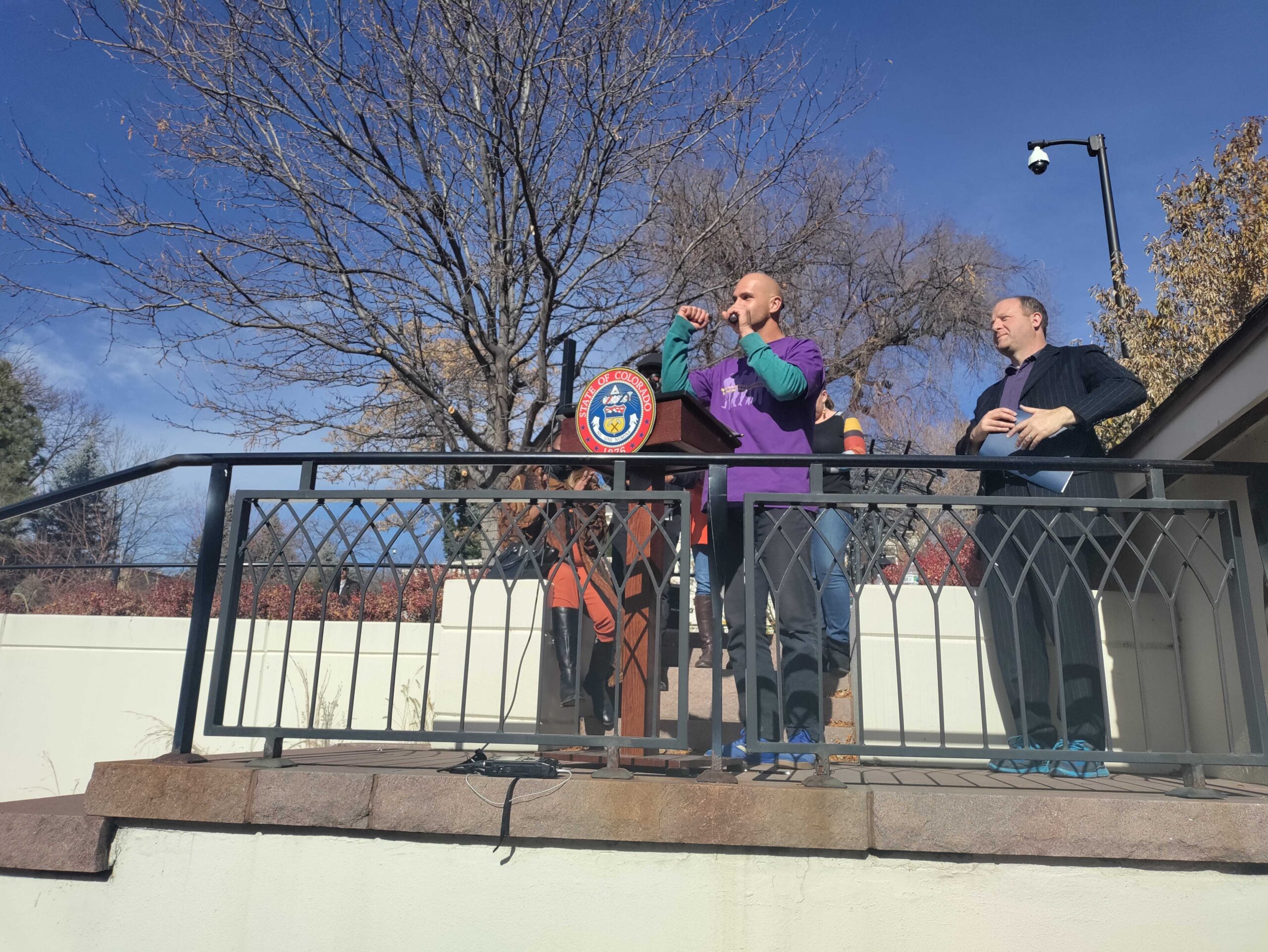
Colorado will raise the minimum pay for thousands of government workers to $15 an hour next year, a move the state hopes will fill vacancies in many agencies and help retain staff.
Gov. Jared Polis signed a consensus agreement on Thursday with the union representing 31,000 state employees. It’s a first for the state, which only granted its employees collective bargaining rights in 2020. The contract also secures an annual, 3 percent across-the-board raise for all union workers.
“This is important,” said Skip Miller, president of Colorado Workers for Innovative and New Solutions Local 1876. “This is the first step in respecting, protecting and paying essential workers who we all rely on.”
Colorado employs tens of thousands of people in various government services, including education, corrections and transportation. The new agreement excludes some types of salaried jobs, such as judges, state troopers and employees in the legislative branch.
Workers spent months negotiating the wage hike and other benefits. They’ll now get paid family leave and a promise to cap the cost of healthcare premiums, among other benefits. The changes go into effect in July 2022.
Employers across Colorado and the country have seen people quit jobs at the highest rate in decades, often in search of better pay. The state currently has hundreds of openings in various roles.
“We want to make sure that we can remain competitive as a state,” Polis said during the Thursday signing ceremony.
Many state workers have had to take second jobs over the past year to manage Colorado’s rising cost of living, said Jessica Mathis, a rehabilitation counselor in the Department of Labor and Employment. She recently took a night job herself.
“I would rather be at home with my loved ones, but it's what I have to do right now to support them,” Mathis said. “And I've watched lots of my coworkers have to make a choice to leave their job because they aren't able to get a second one.”
The new agreement with government workers is one example in a broader swell of worker organizing happening across the state.
Farmworkers and advocates recently won an effort to establish the first-ever overtime pay rules for the agriculture industry, which will go into effect next year. Home healthcare worker unions, with assistance from state legislators and the American Rescue Plan, also secured a minimum wage bump to $15 dollars an hour starting next year.
Colorado’s statewide minimum wage for all workers will rise to $12.56 on January 1.
- Another income tax cut for Colorado in 2022? Maybe — and it could cost the state budget $400 million
- Winter is coming, and so are the utility bill hikes for natural gas customers
- Supply chain woes mean Colorado’s vast market of outdoors goods are more expensive, stuck on boats and even looking different









